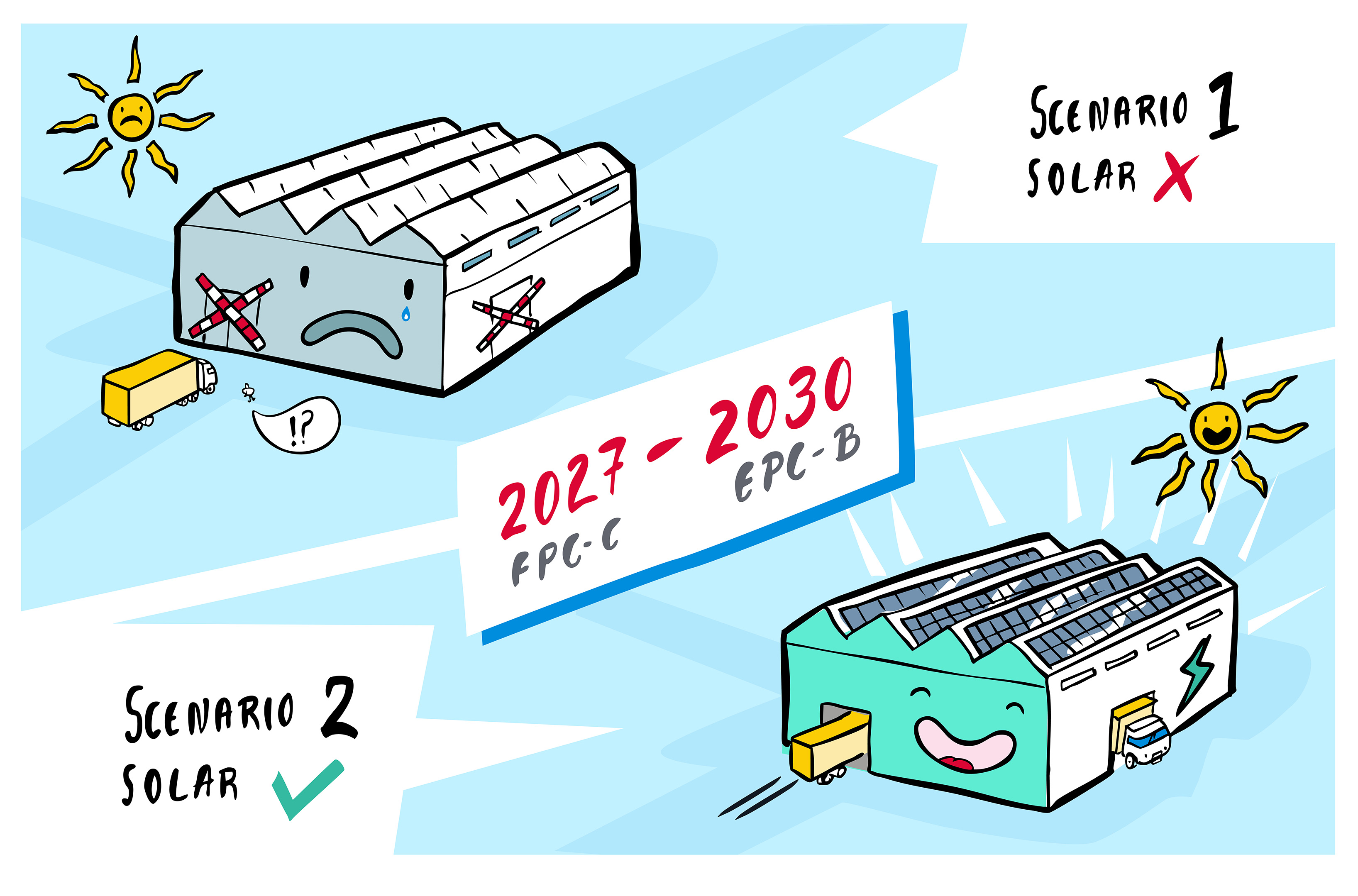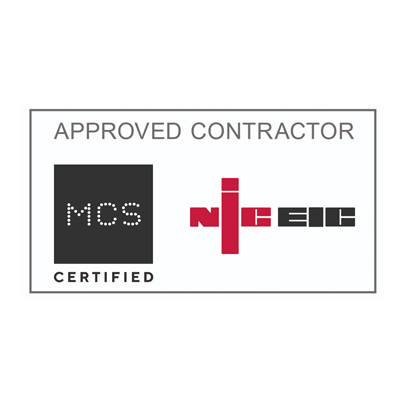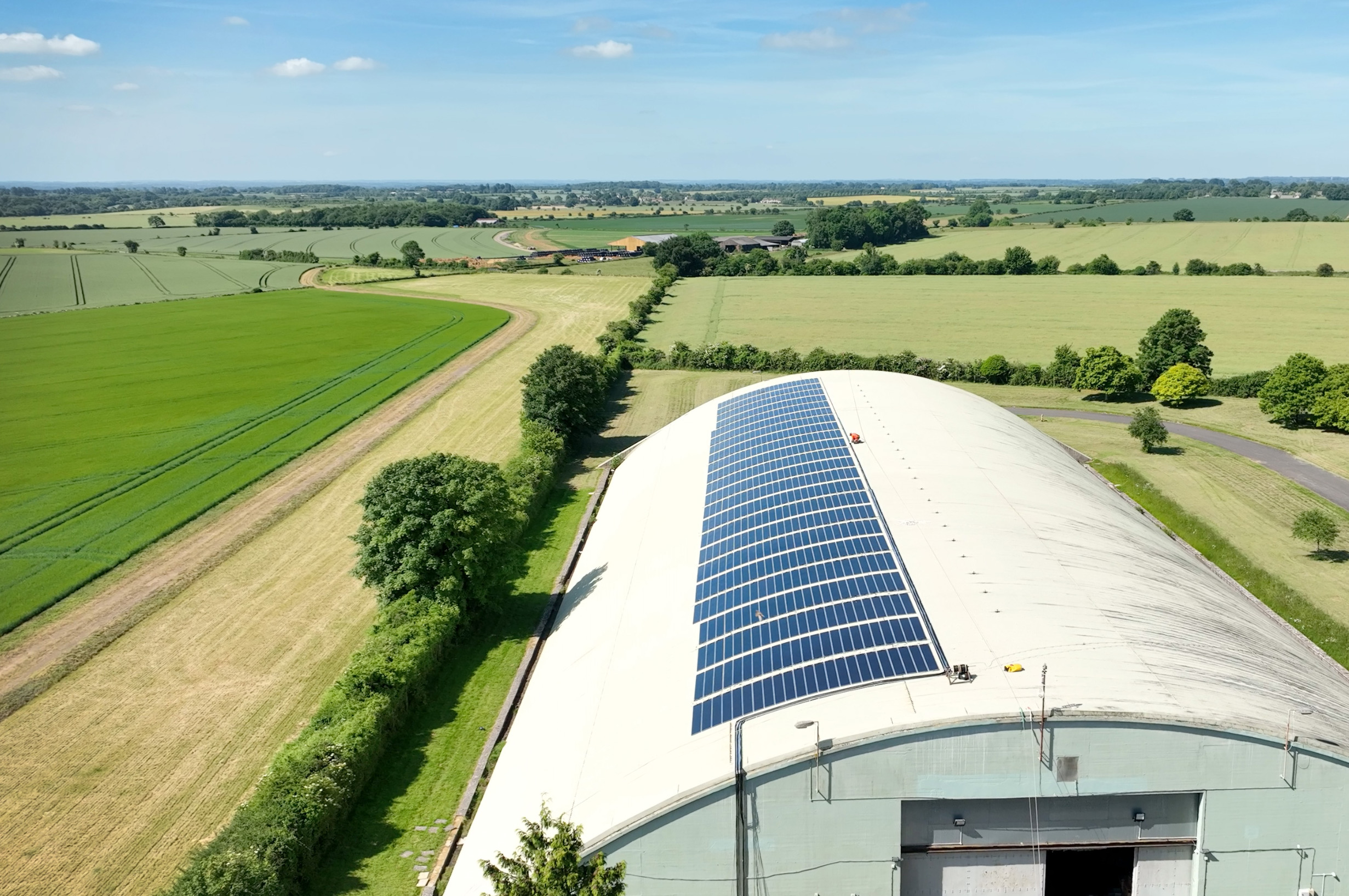July 24, 2025
2027: The MEES Tipping Point for Warehouses

Why is it we're not seeing more solar on warehouses with the impending climate crisis? Businesses are increasingly prioritising profit over sustainability. Also, the regular leasing of warehouses mean people don't want to take on the responsibility of solar.
However, new MEES regulations mean for warehouse owners, it’s time to listen up and act fast. Starting in April 2027, every rented warehouse in the UK must meet a new legal standard: an EPC rating of C or better. And just three years later, it gets tougher - EPC B becomes the law by 2030. Miss the mark, and your business could be hit with fines, letting bans, or even forced closure.
WHAT'S CHANGING
By April 2025, landlords had to present a valid EPC. Global law firm, DLA Piper highlight that landlords are strongly advised to “actively monitor and review the energy ratings across their portfolios alongside regulatory developments. EPCs last for ten years and for properties with a rating of “E”, a landlord should ring‑fence these assets and consider how and when these will be future-proofed.” Source.
By April 2027, warehouses must be EPC C or officially exempted. Non-compliance will no longer be an option, with regulations set out by the government Department for Business, Energy & Industrial Strategy.
Between April 2028 and April 2030, a second compliance window will trigger. EPC B, or registered exemption must be in place by the end of March 2030. Source.
The industry must prepare for EPC regulations. The MEES countdown is on. Source.
PENALTIES AND CONSEQUENCES
Warehouses which fail to comply will be subject to heavy penalties and fines. Local authorities can:
- Impose fines up to £150,000 per site,
- Issue publication penalties, shaming offending landlords,
- Block any further letting of your warehouse until compliance.
In short, no EPC C rating by 2027, will result in business closure. Source.
WHY THE GOVERNMENT IS DOUBLING DOWN
- Commercial Chaos: As of early 2025, over 80% of non-domestic buildings are EPC C or lower - with half rated D or below in major cities. This is risking the viability of commercial property, including logistics hubs and storage facilities.
- Net-Zero Mandate: This is not just about bills - it’s central to hitting the UK's carbon budgets and broader decarbonisation goals. Source.
WHAT MUST WAREHOUSE OWNERS DO NOW?
- Audit Your EPC
Check if your EPC valid. If it expires before April 2025, renew now.
- Start Retrofit Planning
Aim first for EPC C by 2027, then plan upgrades towards B by 2030.
Interim measure? Consider a full retrofit directly to EPC B if cost-effective.
- Understand Exemptions
Valid exemptions include:
· Shell and core completions
· Payback periods beyond seven years
· Planning or structural limitations.
· Planning or structural limitations must be registered and renewed every five years. Source.
- Submit EPCs to the Compliance Database
The new system for submitting EPCs starting on the 1st April 2025 for EPC C reporting and will start again in 2028 for EPC B reporting.
- Budget Heavily for 2025–2027
Upgrades can run from solar installation, insulation, LED lighting and HVAC improvements (Heating Ventilation and Air Conditioning).
Non-compliance will result in delays, enforcement and reputational damage.

THE RISK: BUSINESS SHUTDOWN
This isn't a mildly mannered suggestion. This ruling is existential. No valid EPC will result in warehouse owners being unable to legally rent. No EPCC by 2027 will result in fines, ‘naming and shaming’ and letting bans. The same drill applies for no EPC B by 2030. Warehouses aren’t impacted by MEES regulations in silo. These mega-buildings are in scope with offices, retail, logistics hubs and more. Time is of the essence to get compliant.
FINAL VERDICT
Warehouse owners have a narrow window to act on MEES. By the end of March 2027, warehouses must be EPC C-compliant or properly exempted, and EPC B is only three years away.
This is not a drill. EPC checks, retrofit roadmaps or potential exemption should be submitted to the central database. Each delay risks a supply chain interruption worse than any logistics bottleneck - legal fecklessness.
MEES is coming, and in 2027, compliance goes from best practice to business critical. In terms of climate and costs, the EPC C/2030 B trajectory could slash 10.3TWh energy usage and reduce CO₂ emissions by 4.1 Mt by 2030. As highlighted by the government’s UK Solar Roadmap, warehouses, with their vast roofs, are perfectly poised for solar, with annual savings potential of £3 billion.
Warehouses are the backbone of the economy - don’t be the weak link. The time to act is now.
Related Articles

ACCREDITATIONS










Newsletter
Bring sunshine to your inbox
Join our community for a quarterly dose of positve news from the world of solar.









